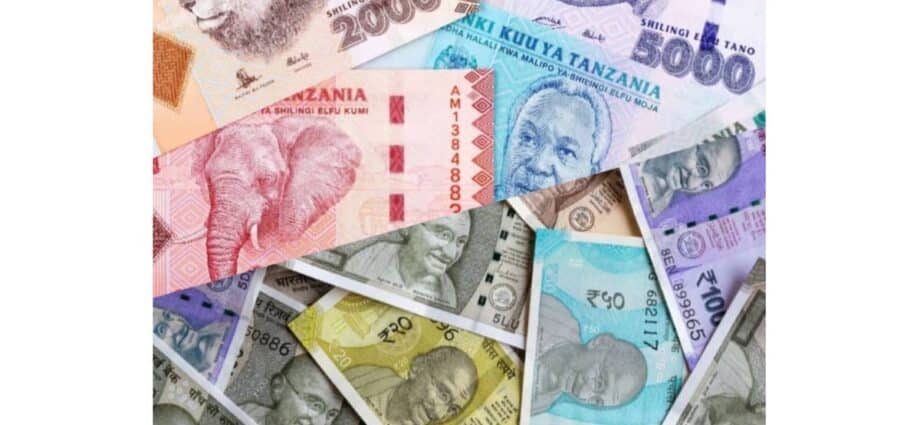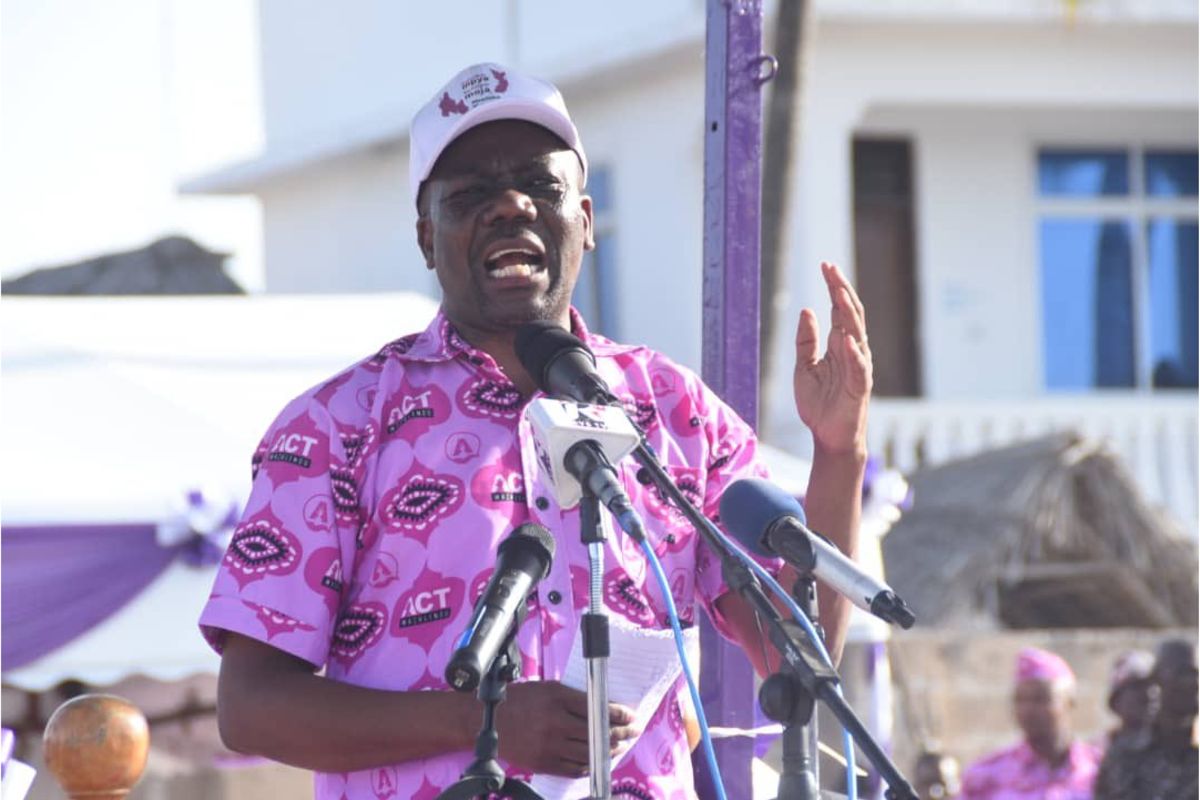Arusha. Bilateral trade between Tanzania and India is set to cross $7 billion this year.
Trade between the two countries hit a record $6.4 billion by the end of the 2022/23 financial year.
For the current 2023/24 fiscal year, trade statistics have already crossed $5.7 billion by December 2023.
“Our bilateral trade is set to cross $7 billion this year (2023/24),” said Mr Manoj Verma, an official of the Indian High Commission in Tanzania.
He said when speaking at the Tanzania/India Business Forum (TIBF) here at the weekend that Tanzania is set to become India’s largest trading partner in Africa.
“This has become possible due to favourable policies bolstering trade,” he said during an event held at an Arusha hotel.
India, he pointed out, remains the top destination for Tanzanian exports, boosted by the duty-free tariff scheme extended by India.
Under the scheme, 98 percent of Tanzanian products are enjoying duty free access in the Indian market.
“In fact, as per Indian statistics, India is the number one destination for Tanzanian exports. It is undoubtedly the best trade partner for Tanzania,” he said.
According to Mr Verma, India is among the top five investment sources in Tanzania, with investment worth $3.93 billion.
In the past year alone, over a dozen Indian business delegations have visited Tanzania, contributing to the promotion of bilateral trade and investments.
Indian investments in Tanzania span key sectors such as hospitals, pharmaceuticals, animal vaccines, education, mining, and agro-processing, among others.
He added that his country’s investments are set to increase significantly with the establishment of the proposed Indian Industrial Park.
The government of Tanzania has already identified 1,000 acres of land near Dar es Salaam for the facility.
And a number of Indian businesses have already expressed interest to invest in pharmaceuticals, agro-processing, infrastructure, and automobiles.
Two years ago, the two countries agreed to promote bilateral trade in local currencies – Indian rupee and Tanzanian shilling – through Special Rupee Vostro Accounts (SRVA).
It is believed the innovative approach would encourage Indian and Tanzanian banks and businesses to boost trade transactions.
Sameer Gupta, speaking on behalf of Tanzania/India Business Forum said President Samia Suluhu Hassan’s state visit to India last year was enough indication of the growing ties.
During the October 2023 visit, 14 Memoranda of Understanding (MoUs) spanning different sectors, from digital solutions, maritime industry, and sports were signed.
“Most important is the setting up of an industrial park in Tanzania for Indian businesses and investors,” he pointed out.
In the maritime industry, an MoU was signed between Indian Cochin Shipyard Limited and Maritime Services Industry Limited, a local parastatal.
Roman Chuwa, a representative of the Arusha regional business chamber, expressed his desire for increased partnerships between Indian firms and Tanzania.
He said the regional chapter of Tanzania Chamber of Commerce, Industry, and Agriculture (TCCIA) was open for investors from the South Asian country.
“You should take Arusha to be the prime destination for investors,” he said, calling for enhanced partnership with the Indian High Commission for the endeavour.
Arusha Urban MP (CCM) Mrisho Gambo urged prospective investors from India to revive the stalled industries and establish new ones in Arusha in order to create employment.
Mr Kake Dharwal, the director of an Arusha-based logistics firm, cited the Institute of Technology in Zanzibar as one of India’s landmark support projects to Tanzania.
The facility admits the first batch of students to train in various technology disciplines which, he said, have defined a significant number of investments to Tanzania from India.
Mr Dharwal, who is a member of the Tanzanian chapter of the East African Business Council (EABC), appreciated the holding of business forums between the two countries.














